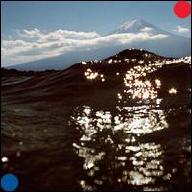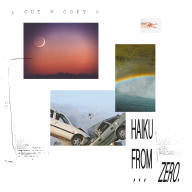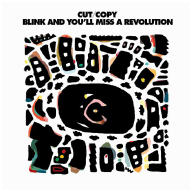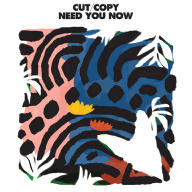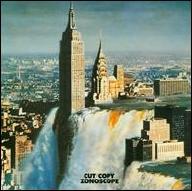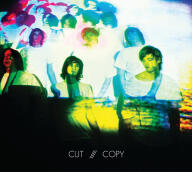The band started in 2001 as a solo project by songwriter, producer, and DJ Dan Whitford, who released the single 1981 and the EP I Thought of Numbers before drafting in other members to fill out his synth- and sample-based sound. Guitarist Tim Hoey, bassist Bennett Foddy, and drummer Mitchell Scott debuted on Cut Copy's first full-length album, Bright Like Neon Love, released in the summer of 2004. After several successful singles were spun off the album (including Saturdays, Future, and Going Nowhere), Universal's Island Records imprint picked up the trio's international distribution in 2006. Following an inventive Whitford live DJ mix that was released in 2006 as Fabriclive.29, the band proper returned in early 2007 with a new single, "Hearts on Fire." Cut Copy's second album, In Ghost Colours, debuted at the top of Australia's ARIA charts in 2008 and was placed on a number of publications' year-end lists. It was produced by DFA member Tim Goldsworthy and featured new bassist Ben Browning.
The group released its self-produced third album, Zonoscope, in 2011 and following a tour and a brief hiatus, they hit the studio again. Inspired heavily by late-'80s/early-'90s dance music (from acid house to Black Box) and mixed by Dave Fridmann, Free Your Mind was released in late 2013. The record was innovatively promoted with pre-release listening sessions taking place at six specific worldwide locations for all those with a smartphone in range of the coordinates. The band next hit the road for a lengthy world tour, then spent the summer of 2014 playing a full slate of festivals. Around this time, Free Your Mind was reissued with five bonus tracks added.
While Cut Copy were recording their next album at studios in their home country as well as in Copenhagen, Washington, D.C., New York, and Atlanta during most of 2015, they took a short break to record an album of ambient instrumentals titled January Tape, which was issued on cassette in late 2016. When album number five, 2017's Haiku from Zero, was completed, it ended up being the most confident, most straightforward dance-pop album the band had made to date. After touring extensively, Whitford moved to Copenhagen and when he began work on new music, drew inspiration from the coldness of the locale plus the sparseness of the ambient music and instrumental techno he was listening to heavily at the time. After heading back to Australia, he and the band put the songs on tape; they were mixed by Christoffer Berg (Robyn, the Knife) at Svenska Grammofonstudion in Sweden utilizing the same board that was used on classic albums like David Bowie's Lodger. The resulting album, 2020's Freeze, Melt, is the group's most intimate and introspective record yet, trading out dancefloor highs for reserved melancholy. ~ Stewart Mason & Tim Sendra, Rovi


